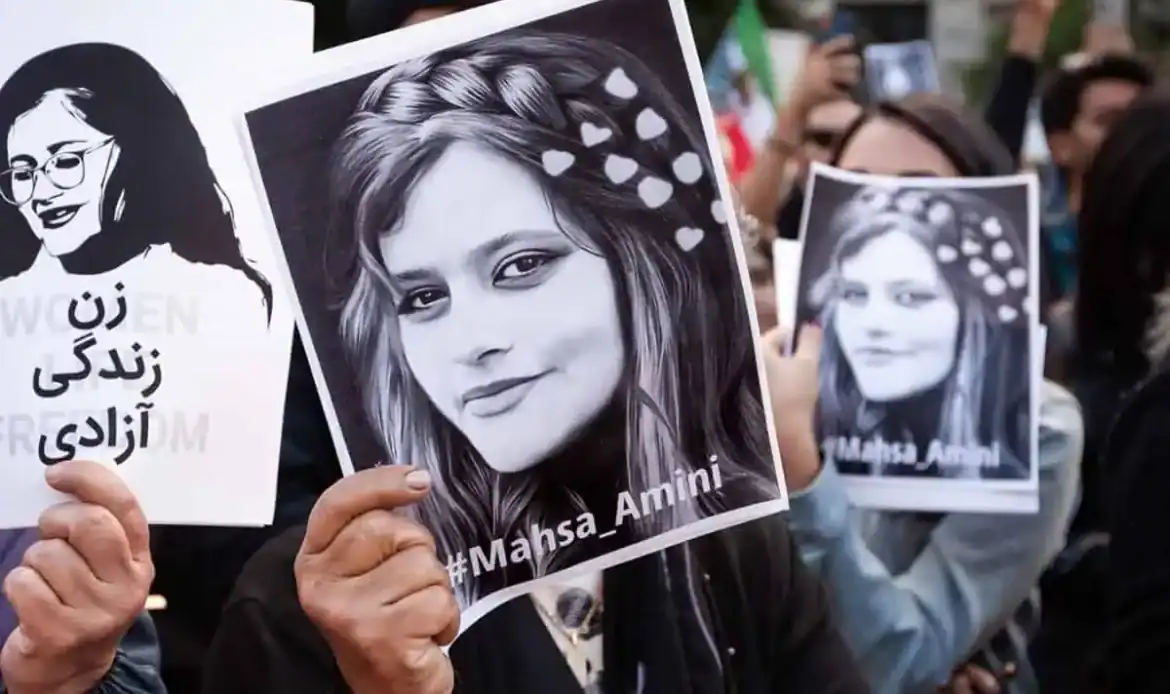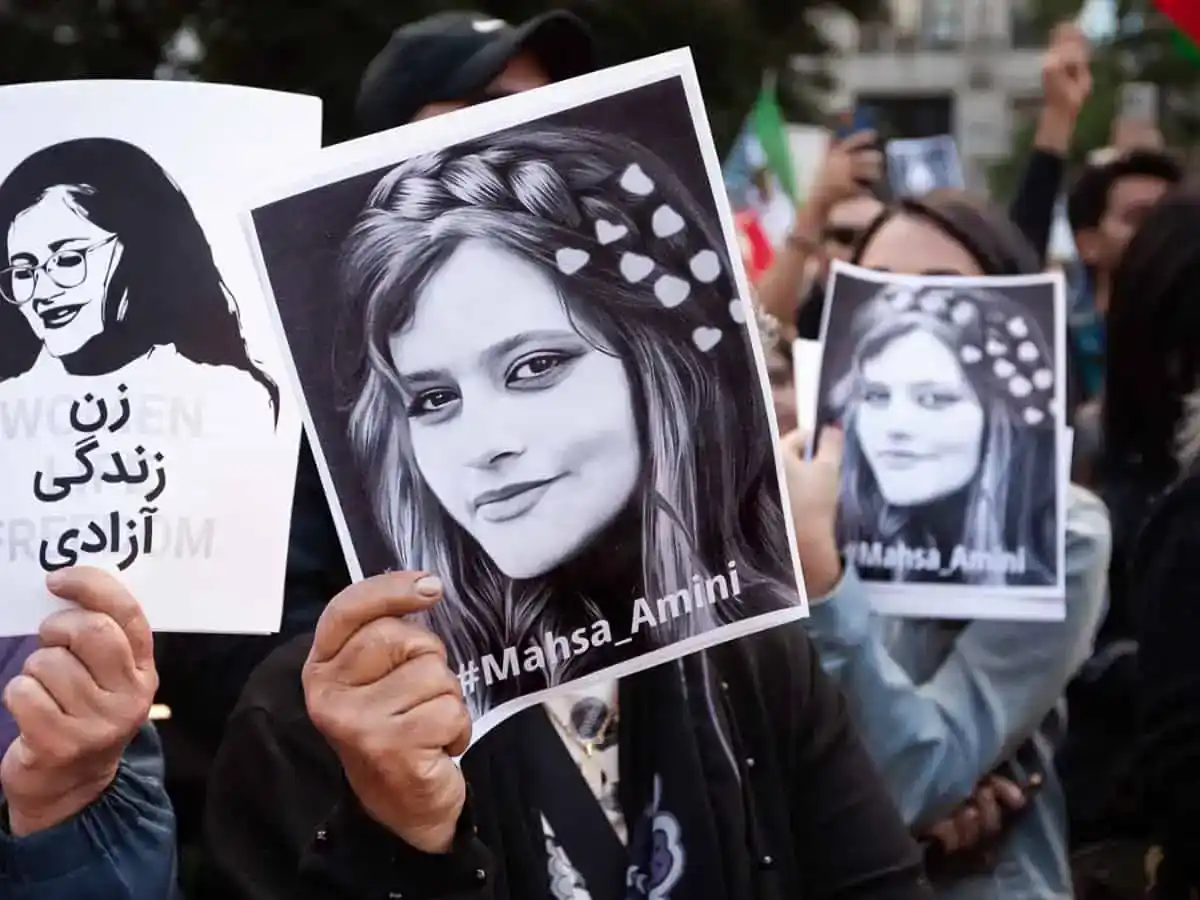
September 16, 2025, marks the third anniversary of the death of Mahsa (Jina) Amini while in the custody of Iran’s so-called morality police. Her death ignited nationwide demonstrations under the slogan “Woman, Life, Freedom” and became a symbol of resistance against systemic discrimination, repression, and impunity in Iran.
Three years on, no state official or institution has accepted responsibility for Mahsa Jina Amini’s death. No independent investigation has been carried out, and no one has been held accountable. This lack of transparency and justice mirrors the broader pattern of impunity surrounding the protests that followed. According to human rights organizations, at least 477 protesters were killed, including 64 children and 39 women. An estimated 22,000 people were arrested. Furthermore, the authorities have used the judicial system as a tool of repression, sentencing dozens to long prison sentences and executing at least 9 protesters who were arrested and/or charged in connection with the uprising.
Three years after the Woman, Life, Freedom, uprising many protesters continue to remain behind bars. Among them are women who have faced especially harsh reprisals for their activism. Sharifeh Mohammadi, a well-known labor rights activist, was arrested in 2023 and later sentenced to death on vague and unsubstantiated charges of “armed rebellion” (baghi). Pakhshan Azizi and Varishe Moradi, a Kurdish political activists, have also been sentenced to death following non-transparent court proceedings which did not adhere to fair trial standards. Their cases reflect both gender-based and ethnic discrimination within the judicial system as well as the disproportional use of the death penalty with respect to Kurdish citizens.
Despite the repression, the Woman, Life, Freedom movement has left a profound mark on Iranian society. Over the past three years, women and men across the country have engaged in acts of daily resistance, from challenging compulsory veiling laws to asserting personal freedoms in public and private life, driving home the point that the demands for dignity, equality, and accountability remain unfulfilled and continue to resonate with Iranians.
On this anniversary, we remember Mahsa (Jina) Amini and all those who have lost their lives in the struggle for freedom and justice. We also honor the protesters, activists, journalists, and artists who remain imprisoned, as well as those who have faced the loss of their livelihoods and careers for courageously standing up against oppression and human rights violations.
On this day, Femena calls for the following:
- Independent Investigation and Accountability: We demand a prompt, independent, and impartial investigation into the death of Mahsa Jina Amini and the hundreds of protesters killed during the uprising. All state officials and security forces responsible for the excessive and unlawful use of force, arbitrary detentions, torture, and extrajudicial killings must be held accountable in fair and transparent proceedings.
- Release of Political Prisoners: We call for the immediate and unconditional release of all individuals unjustly detained in connection with the protests, including human rights defenders, journalists, students, and activists. This includes women who have been targeted for their activism, such as Sharifeh Mohammadi, Pakhshan Azizi, and Varishe Moradi, as well as other protesters who have been sentenced to death. We demand an end to the use of the judicial system as a tool of political repression.
- Abolition of the Death Penalty: We urge the Iranian authorities to immediately halt all executions and establish a moratorium on the death penalty, especially for offenses not considered among the “most serious crimes” under international law. This is particularly critical for those sentenced to death for their participation in the protests and for engaging in peaceful activism in support of human rights.


